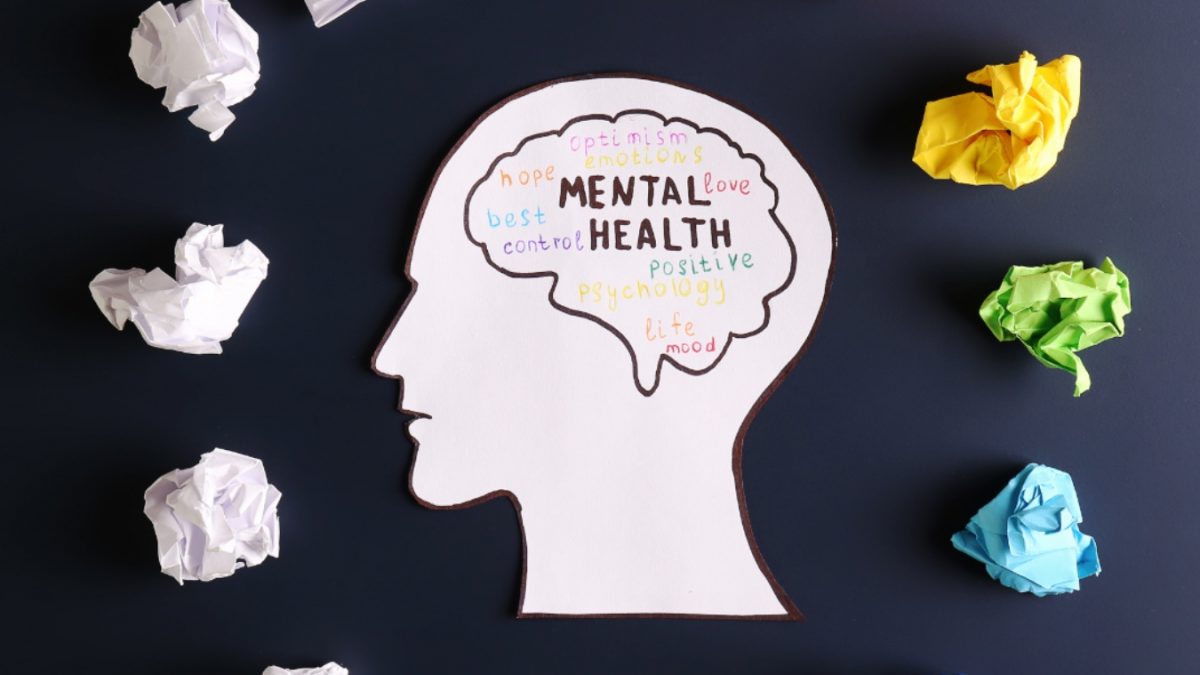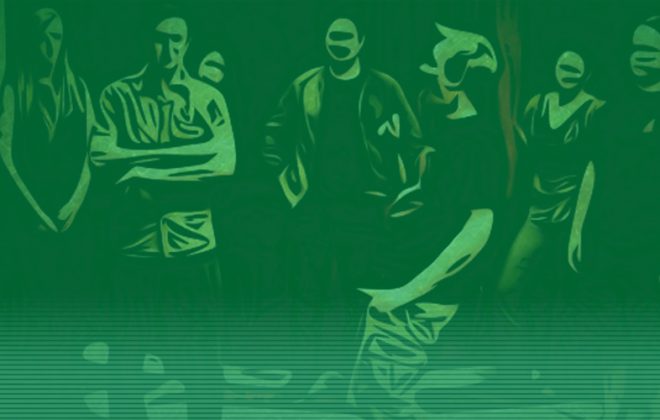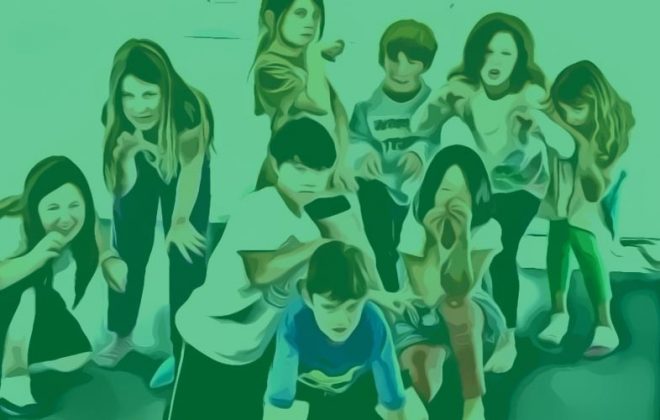
Rx Improv: How Group Creative Experiences Boost Mental Health
Jude Treder-Wolff (judetrederwolff)
LCSW, CGP, MT & Certified Practitioner of Applied Improvisation, consultant/trainer and writer/performer. www.lifestage.org, www.mostlytruethings.com
After a difficult year of separation from loved ones due to the pandemic, ongoing uncertainty about our health and safety, and the pressures of negotiating the post-pandemic social environment we need to do all we can to build each other up and maintain mental health. Improv can be a non-medical, unconventional resource that can produce not only new neural connections that help us think and act in new ways, but also new social connections to a network of people who are willing to risk enough to grow, and will thank us for playing through the tensions of the creative experience.
Engagement and effort that are part of a group creative process can be uniquely psychologically empowering because the experience itself is the reward. As a creator, our decisions drive what happens, which can strengthen our sense of personal agency. But improvisers are not alone in the process. It is distinctively a shared experience and responsibility. No one player has to carry the weight of how things go. In an improv game or scene, we are not there to solve the problem, but to discover a moment-to-moment collaboration, to participate in a co-creative event, and everyone involved has a stake in the outcome. The healing that improv can generate arises from not only a neurochemical uplift but a spiritual one grounded in the sense of “we” that makes improvisation happen.
Related Posts
Categories
- Advocacy (1)
- Articulate (2)
- From the Advisory Board (1)
- Improv (13)
- Improv and Children (6)
- Improv Exercises (28)
- Improv Life Lessons (23)
- Interviews (2)
- ITG Blog (29)
- ITG Games and Exercises (26)
- ITG Podcasts (3)
- Look Who Gets It (10)
- Meditation (1)
- Neuroplasticity (5)
- Self-Care (9)
- Storytelling (3)
- Teamwork (6)
- Therapy (5)
- Yes, and (13)




